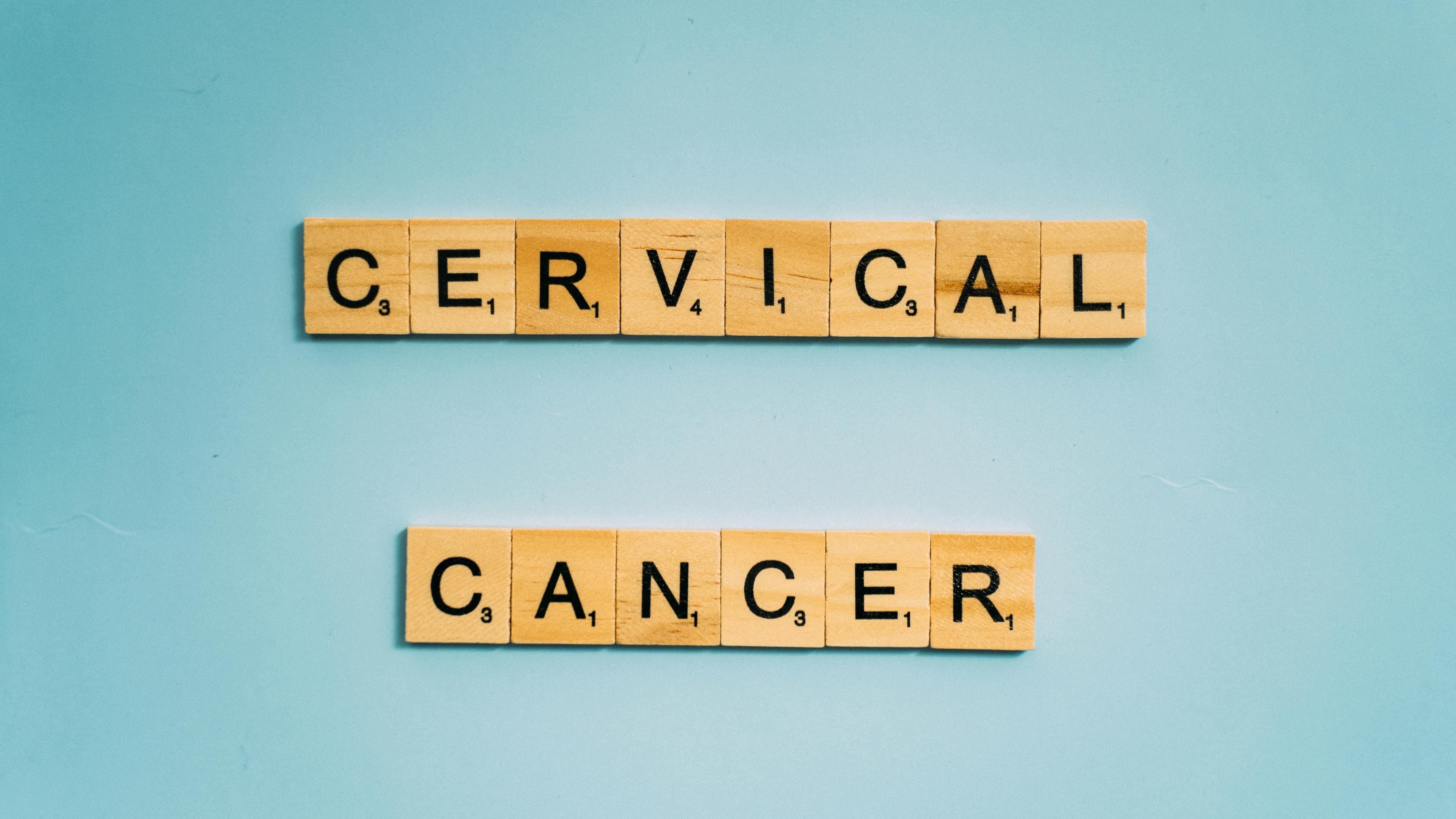January 2025
Leading with Empathy and Strength: How to Support Cervical Cancer Fighters & Survivors
Cervical Cancer is the fourth most common cancer found in women, with over 13,000 diagnosed a year. Receiving a cancer diagnosis at any stage of a woman’s life can be frightening. Whether recently diagnosed, in treatment, or in remission, one’s cancer journey can be filled with uncertainty, courage, and vulnerability. If you know a loved one who's fighting cervical cancer, there are ways to build a network of compassion, care, and support.

Encourage Support Groups or Counseling
People with cervical cancer often go through many emotions during their health journey. It’s essential they’re not isolated but feel heard and seen. Support groups, whether online or in-person, provide a safe space for individuals to connect and share their experiences. Look into local support groups or check out national organizations like the National Cervical Cancer Coalition (NCCC). NCCC offers a free online HPV/Cervical cancer support community. Here, survivors and fighters can safely connect with a national cervical cancer community.
Engage in Emotional Support and Active Listening
Cervical cancer treatment can be overwhelming for your loved one. Support them by being someone they can talk to openly. Focus on regular check-ins, asking how they’re feeling today rather than addressing physical concerns. Avoid interrupting or giving unsolicited advice—just listen and validate their experiences. For more guidance, explore these online resources:
- How to Talk About Cancer: A Communication Guide for Cancer Patients, Providers, and Loved Ones
- Improving Communication
- Communication: The Key to Family Resilience
- How to Uplift a Loved One with a Life-Threatening Illness
Offer Logistical Support
Cancer treatment involves many logistical challenges—like helping with paperwork, arranging rides, or keeping track of appointments. You can support your loved one by helping with these tasks. If they’re dealing with treatment side effects, try alternative therapies or relaxation activities together, like yoga or meditation. Small actions can make a big difference in reducing their stress.

Be a Long-Term Support System
Healing from cervical cancer goes beyond treatment. People may deal with long-term challenges like low energy, swelling, or personal health concerns. These issues often require follow-up appointments, physical therapy, and ongoing tests. You can provide vital support by checking in or helping with daily tasks. Long-term recovery is a journey, and a steady presence can make a difference as they continue to heal and adapt to life after treatment.
Donate Blood and Get Screened
Understanding HPV and cervical health is essential for prevention and early intervention. Make sure to get regular check-ups, like Pap smears or HPV screenings, and remind your loved ones to do the same. If eligible, consider getting the HPV vaccine to prevent and protect future generations against cervical cancer. Blood donation is another way to help those battling cervical cancer. A single donation can save up to three lives, ensuring people receive vital blood transfusions without delay. Find your local blood donation location online!
Supporting cervical cancer survivors and fighters can take many forms. Your support—no matter how small—makes an impact. If you or a loved one is navigating cervical cancer, we encourage you to apply for a Respite. Our program offers a break for individuals and their care circle, providing time to connect outside treatment. We understand that healing from cervical cancer continues even after treatment is over. By standing together, we can empower cervical cancer fighters and survivors.
